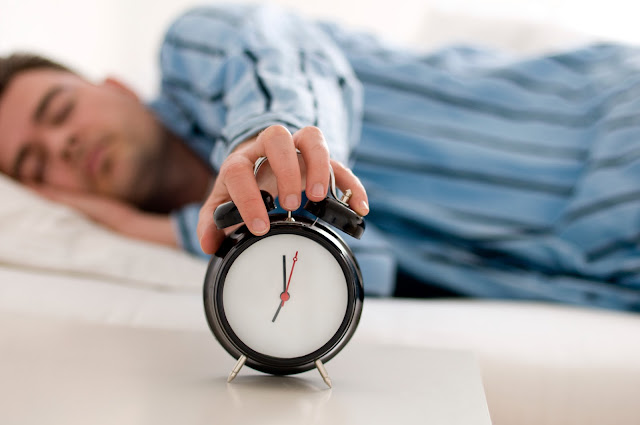College is infamous for those demanding work loads from the different subjects, and the infinitely unimaginable ways students cope with it. I for one am not a stranger to those things, but I made it a priority to sleep at least six (6) hours each night which to my classmates at the time called it impossible.
I would come home as early as I could to do my homework and read the lectures and when I could I would stop at 9PM and eventually fall asleep at 10PM which would result to me waking up at 5AM to get myself groomed up and eat breakfast before going on the commute.
If it was unavoidable because of the time consuming projects and research papers we had to do I would try to finish as much as I could and sleep. Surprisingly, I made it out with out failing. My grades weren't particularly high but they weren't bad.
The Average life expectancy of a human being today is roughly Six-hundred seventy-five thousand hours (675,000 hours) where one-third (1/3) is spent on sleeping which implies that sleeping is an important part of our daily life, yet some of us take it for granted. Even though it seems that we are unconscious and resting, the body is busy with muscle repair, memory consolidation and hormone release; hence, for any reason that the sleep process be cut-short, we do not obtain the benefits of feeling refreshed, sharp concentration; thus, limiting our full engagement of social and physical activities.
So what can we do to get the best quality sleep that we need badly? The National Sleep Foundation was kind enough to share them to us and they are the following:
1. Keep a sleep schedule where the sleep time and the wake up time are constant. This regulates your body clock (or Circadian Rhythm) which helps you fall asleep and wake up better.
2. If you have a hard time falling asleep at night, avoid naps, especially in the afternoon. Power naps can help you through your day but avoiding it can help fall asleep.
3. Develop a relaxing bedtime ritual. A relaxing routine done separated from bright lights and activities that promote excitement, stress and anxiety encourage better, deeper and consistent sleep.
4. Avoid drinking alcohol, smoking tobacco and eating heavy meals in the evening. Alcohol, tobacco and caffeine disrupt sleep where as heavy meals can disrupt sleep. It would be best to avoid eating means two (2) to three (3) hours before bedtime. If you are still hungry try having a light snack at least forty-five (45) minutes before bedtime.
5. Exercise daily. Vigorous workouts are the ideal, but even light ones are better than inactivity. Exercising at any time of the day is fine, but never at the expense of sleep.
6. Wind down. The body needs time to shift from high activity during the day and the down time at night. Electronic devices that have bright lights may make it hard to fall asleep because of the light exposure activates the brain activity.
7. Use good quality mattresses and pillows. The life expectancy of your loyal mattress is roughly nine (9) to ten (10) years so make sure yours is comfortable, clean and supportive. Pillows on the other hand should be free from allergens and be attractive and be inviting so as to help in winding down.
8. Try going into another room and perform an activity until you feel tired. The bedroom should be associated only with sleep and sex. To strengthen this, you must omit work materials electronics and distracting objects away from the bedroom.
[Source: National Sleep Foundation]












0 comments:
Post a Comment
What do you think? Anything to say or suggest? We'd love to hear from you!